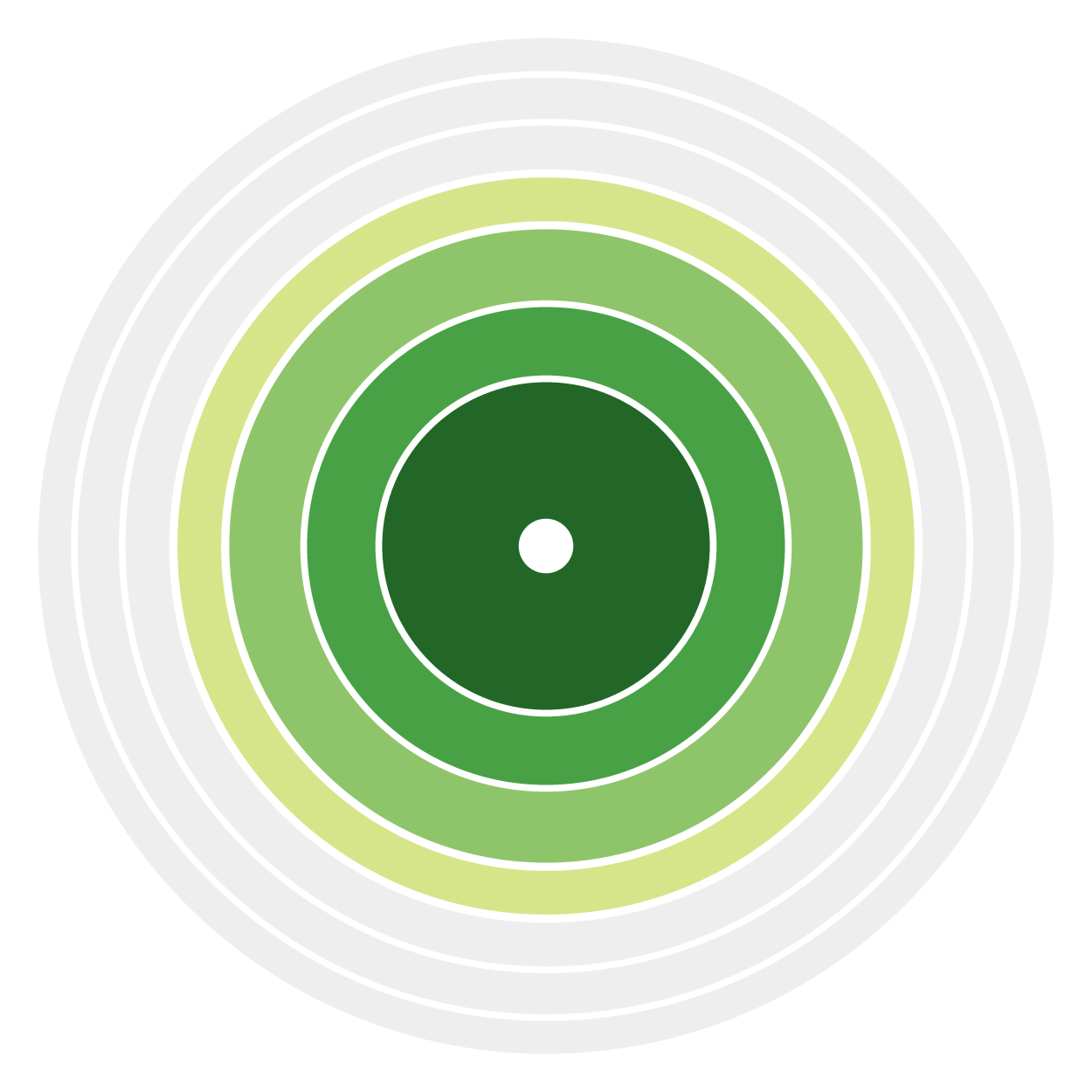Japanese vocabulary organized by JLPT level
Wikipedia JLPT N2 Vocab 1401-1500
QUICK STUDY
FLASHCARDS
DOWNLOAD
Most common form: 登る
'ru' godan verb, intransitive verb
1. to ascend; to go up; to climb2. to ascend (as a natural process, e.g. the sun); to rise (usu. 昇る)
(click the word to view an additional 6 meanings and 4 forms, examples and links)
'u' godan verb, transitive verb
to compensate for; to supplement(click the word for examples and links)
Most common form: 澄む
'mu' godan verb, intransitive verb
to clear (e.g. weather); to become transparent(click the word to view an additional 2 forms, examples and links)
'su' godan verb, transitive verb
1. to pollute; to contaminate; to soil; to make dirty; to stain2. to disgrace; to dishonour; to dishonor; to defile (esp. けがす)
(click the word to view an additional 1 reading and 2 forms, examples and links)
noun
1. navel; belly button (often written with kana only)2. protrusion or depression in the middle of an object (often written with kana only; this meaning is restricted to reading へそ, ヘソ)
(click the word to view an additional 1 meaning and 2 forms, examples and links)
interjection (kandoushi)
1. word used after one has been treated (esp. used after a meal) (often written with kana only)2. used after hearing something lovey-dovey (often written with kana only)
(click the word to view an additional 2 forms, examples and links)
'na' adjective, noun
valid; proper; right; appropriate; reasonable(click the word for examples and links)
ichidan verb, transitive verb
1. to store; to lay in stock2. to have a beard; to grow a beard
(click the word to view an additional 2 forms, useful expressions, examples and links)
to be in high spirits; to be full of vigor (vigour); to be enthusiastic; to be eager; to stretch to breaking point
(click the word for examples and links)
ichidan verb, transitive verb
1. to hit (e.g. one's head); to strike; to crash into (often written with kana only)2. to throw (e.g. a ball, a question, a demand) (often written with kana only)
(click the word to view an additional 1 meaning and 3 forms, examples and links)
Most common form: 騙す
'su' godan verb, transitive verb
1. to trick; to cheat; to deceive2. to coax; to wheedle; to soothe and humor (humour) (see also: 宥め賺す)
(click the word to view an additional 2 forms, examples and links)
'na' adjective, 'no' adjective, noun
inverted; upside down(click the word to view an additional 4 forms, examples and links)
Most common form: 突き当る
'ru' godan verb, intransitive verb
1. to run into; to collide with; to crash into; to bump against2. to come to the end of (a street)
(click the word to view an additional 1 meaning and 3 forms, examples and links)
'ru' godan verb, intransitive verb
to be finished; to be completed; to be done(click the word to view an additional 2 forms, examples and links)
Most common form: はなれる
ichidan verb, intransitive verb
to get free; to be freed; to be released(click the word for examples and links)
Most common form: 点点
1. here and there; little by little; sporadically; scattered in drops
noun
2. dots; spots(click the word to view an additional 1 form, examples and links)
interjection (kandoushi)
1. bye-bye; good-bye; see you; so longnoun, 'suru' verb
2. saying goodbye; parting(click the word for examples and links)
Most common form: 伸ばす
2. to lengthen; to extend; to stretch
(click the word to view an additional 7 meanings and 2 forms, examples and links)
Most common form: その頃
expression, noun, 'no' adjective
at that time; in those days; at that moment; then(click the word to view an additional 1 form, examples and links)
noun, 'suru' verb
rock, paper, scissors game (often written with kana only)(click the word to view an additional 3 forms, examples and links)
conjunction
and yet; despite this; but even so; but even then; however; nevertheless; for all that; notwithstanding that(click the word for examples and links)
ichidan verb, intransitive verb
1. to grow; to spring up; to sprout2. to cut (teeth)
(click the word for examples and links)
noun
organ (musical instrument) (originally from Portuguese 'órgão')(click the word for examples and links)
1. keenly; deeply; fully; heartily; seriously; earnestly (onomatopoeic or mimetic word; often written with kana only)
2. calmly; quietly; softly (onomatopoeic or mimetic word; often written with kana only)
(click the word to view an additional 1 meaning and 4 forms, examples and links)
Most common form: ピカピカ
'na' adjective, 'to' adverb, noun, 'no' adjective
glitter; sparkle (onomatopoeic or mimetic word)(click the word to view an additional 1 form, examples and links)
'su' godan verb, transitive verb
1. to pour; to add (liquid); to serve (drinks) (see also: 差す; esp. 注す)2. to put on (lipstick, etc.); to apply; to colour; to dye (see also: 差す; esp. 点す)
(click the word to view an additional 1 meaning and 1 form, examples and links)
ichidan verb, transitive verb
to disturb; to prevent; to obstruct; to hinder(click the word for examples and links)
noun
karuta; traditional Japanese playing cards (often written with kana only; originally from Portuguese 'carta')(click the word to view an additional 5 forms, examples and links)
Most common form: 真黒
'na' adjective, noun
pitch black(click the word to view an additional 3 forms, examples and links)
Most common form: 眩しい
dazzling; radiant
(click the word to view an additional 1 form, examples and links)
noun, 'no' adjective
Europe and America; the West(click the word for useful expressions, examples and links)
noun
1. sneeze (often written with kana only)expression
2. spoken twice in response to someone sneezing as a charm against an early death (idiomatic expression; often written with kana only)(click the word to view an additional 3 forms, examples and links)
Most common form: あちこち
adverb, pronoun
1. here and there; all around; everywhere; throughout; all over (often written with kana only)2. to get things in the wrong order (back to front); to become muddled up (often written with kana only; this meaning is restricted to reading あちこち, あちらこちら, あっちこっち, アチコチ)
(click the word to view an additional 4 forms, examples and links)
heavy; massive; serious; important; severe; oppressed
(click the word for examples and links)
tightly; densely packed; crammed (onomatopoeic or mimetic word)
(click the word to view an additional 3 forms, examples and links)
Most common form: きる
'ru' godan verb, transitive verb
to slice (off); to lop (off); to cut (off); to kill (a human) using a blade (sword, machete, knife, etc.)(click the word for examples and links)
obedient; docile; quiet (often written with kana only)
(click the word to view an additional 2 forms, examples and links)
'su' godan verb, transitive verb
to dry (clothes, etc.); to desiccate(click the word for examples and links)
'ru' godan verb, transitive verb
1. to demarcate; to delimit; to divide (an area); to mark off; to cut off (esp. 区切る)2. to punctuate; to put an end to (e.g. a sentence); to insert pauses or breaks (e.g. when reading aloud) (esp. 句切る)
(click the word to view an additional 2 forms, examples and links)
ichidan verb, intransitive verb
to slide; to slip off; to get dislocated; to be out of alignment; to get dislodged; to deviate; to shift (position); to be out of sync.; to be slightly off; to be off-point(click the word to view an additional 1 form, examples and links)
'ru' godan verb, intransitive verb
1. to strike against; to collide with; to bump into; to conflict (often written with kana only)2. to encounter; to meet
(click the word to view an additional 1 meaning and 1 form, examples and links)
2. sorry; remorseful; apologetic; conscience-stricken; contrite
(click the word to view an additional 1 meaning and 1 form, examples and links)
slovenly; loose; sluttish; slatternly; untidy; undisciplined; careless (often written with kana only)
(click the word to view an additional 1 form, examples and links)
'ku' godan verb, intransitive verb
1. to adhere to; to stick to; to cling to (often written with kana only)2. to keep close to; to go along with (often written with kana only)
(click the word to view an additional 1 meaning and 2 forms, examples and links)
Most common form: まく
'ku' godan verb, transitive verb
1. to wind; to coil; to roll; to wear (e.g. turban, scarf)2. to envelope; to shroud (usu. 巻かれる)
(click the word to view an additional 3 meanings and 2 forms, useful expressions, examples and links)
shameful; disgraceful; indecent; unseemly; unbecoming; improper (often written with kana only)
(click the word to view an additional 1 form, examples and links)
1. equal
2. the equality sign (=) (mathematics)
(click the word to view an additional 1 meaning, examples and links)
loiteringly; aimless wandering; restlessly (see also: 彷徨く; onomatopoeic or mimetic word)
(click the word to view an additional 3 forms, examples and links)
'ru' godan verb, intransitive verb
to get between; to be caught in(click the word for examples and links)
'ku' godan verb, intransitive verb
1. to resound; to be heard far away2. to reverberate; to shake; to vibrate
(click the word to view an additional 2 meanings, examples and links)
2. to fail (often written with kana only)
(click the word to view an additional 1 form, examples and links)
Most common form: 売切れる
ichidan verb, intransitive verb
to be sold out(click the word to view an additional 2 forms, examples and links)
'ru' godan verb, transitive verb
1. to print2. to color or pattern fabric using a wooden mold
(click the word to view an additional 2 forms, examples and links)
'su' godan verb, transitive verb
to send (someone) back; to send (someone) home (see also: 返す)(click the word to view an additional 2 forms, examples and links)
'ru' godan verb, transitive verb
to suck; to chew; to suckle (infant)(click the word for examples and links)
interjection (kandoushi)
let me see; well; errr ...; uhh ...(click the word to view an additional 5 forms, examples and links)
ichidan verb, transitive verb
1. to insert; to put in (such that there is a snug fit); to button; to put on (something that envelops, e.g. gloves, ring) (often written with kana only)2. to have sex; to fuck (colloquialism)
(click the word to view an additional 3 meanings and 5 forms, examples and links)
Most common form: つく
'ku' godan verb, intransitive verb
1. to be lit (e.g. electricity comes on); to be lighted (often written with kana only)(click the word for examples and links)
noun, prefix
1. rag; scrap; tattered clothes (often written with kana only)2. fault (esp. in a pretense, pretence); defect (often written with kana only)
(click the word to view an additional 1 meaning and 3 forms, examples and links)
Most common form: ブツブツ
2. pimples; spots; eruption; rash
(click the word to view an additional 2 meanings and 1 form, examples and links)
Most common form: 何何
pronoun, 'no' adjective
1. such and such (when being vague, placeholder, etc.); this and thatinterjection (kandoushi)
2. What?; What is the matter?; What are the items?(click the word to view an additional 2 forms, examples and links)
ichidan verb, intransitive verb
1. to jump; to leap; to prance; to spring up; to bound; to hop2. to break up; to close; to come to an end
(click the word to view an additional 1 meaning, examples and links)
2. to make fun of; to laugh at; to play a prank (often written with kana only)
(click the word to view an additional 2 meanings and 2 forms, examples and links)
'ru' godan verb, intransitive verb
to grow thickly; to be in full leaf; to be rampant; to luxuriate; to be luxurious(click the word to view an additional 3 forms, examples and links)
in a row (onomatopoeic or mimetic word)
(click the word to view an additional 1 form, examples and links)
2. to surpass; to outstrip; to get ahead of; to outdistance (see also: 追い抜く)
(click the word to view an additional 3 forms, examples and links)
Kanshudo is your AI Japanese tutor, and your constant companion on the road to mastery of the Japanese language.
To get started learning Japanese, just follow the study recommendations on your Dashboard.
You can use Quick search (accessible using the icon at the top of every page) to look up any Japanese word, kanji or grammar point, as well as to find anything on Kanshudo quickly.
For an overview, take the tour.




